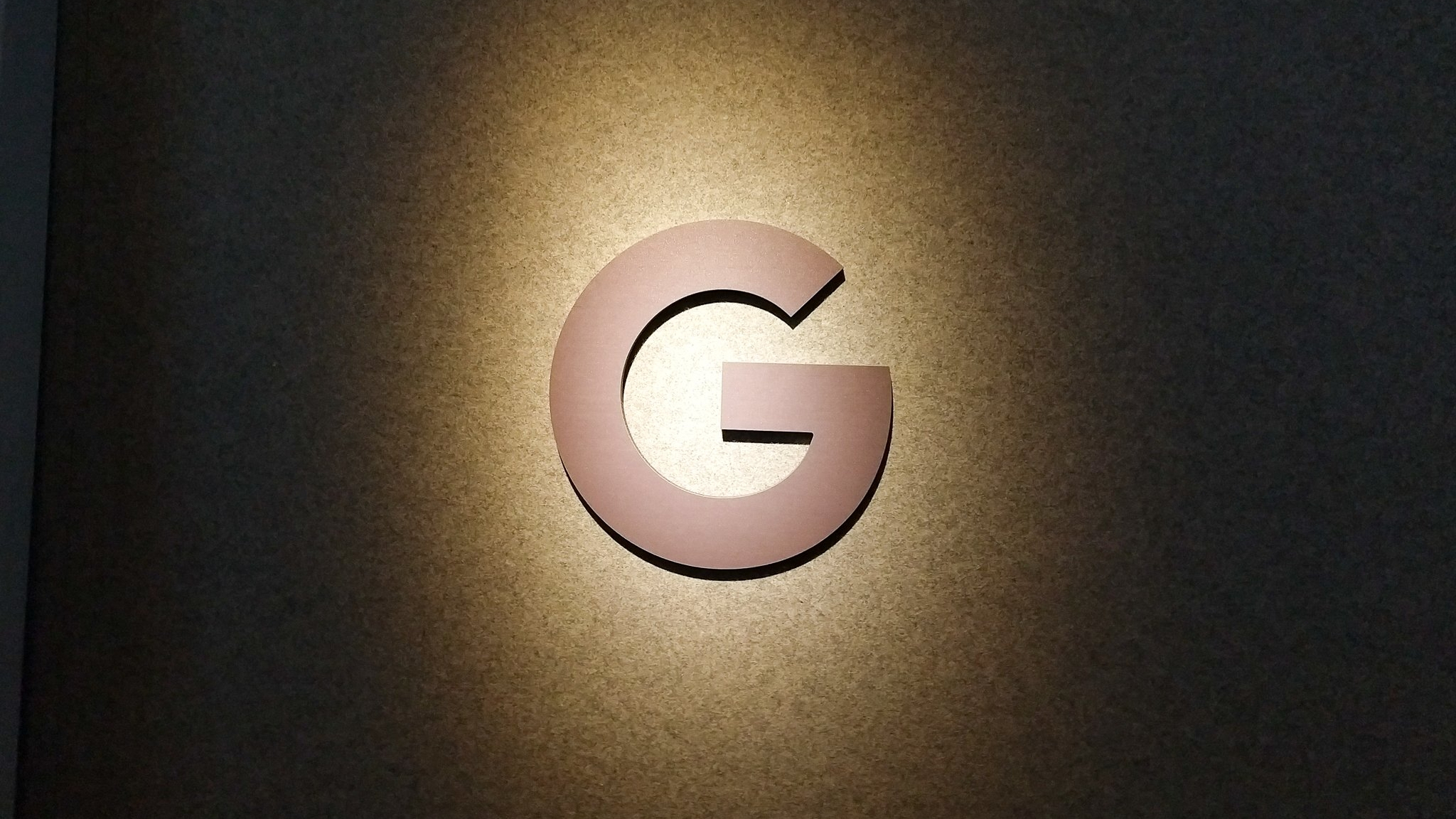Google announces updates to location data amid $392M settlement
It is evidently one of the largest privacy agreements that the country has ever seen.

What you need to know
- Google will reportedly pay $392 million for the location privacy settlement.
- The settlement comes after the search giant has been investigated for its dubious location tracking practices.
- The chargers are filed as part of a coalition of 40 attorney generals from various states.
This week, Google agreed to pay $391.5 million in a settlement with 40 U.S. attorneys general over location data collection.
As noted by The New York Times report, Google was charged by a number of attorneys general in the U.S. for its dubious practices in location tracking of device owners. It includes the search engine giant collecting users' location data (from 2014-2020), despite them turning off their location data.
The NYT report also states that Google has allegedly changed some of its practices from the years in question. A company spokesperson told The NYT that while changes have been made to such practices over the years, he believes the past four-year investigation was apparently based on outdated product policies.
The NYT report further points out that the process of Google's false impression to its users has involved collecting location data in addition to users' movements through its various apps like Google Maps, Search, and other relative apps.
Going back to 2018, Google is said to have tracked the individuals' location data despite them logging out of Google apps altogether on their Android devices, according to attorney generals.
"For years Google has prioritized profit over their users' privacy. They have been crafty and deceptive," says Oregon attorney general Ellen Rosenblum in a statement. Rosenblum helped lead the case against Google. "Consumers thought they had turned off their location tracking features on Google, but the company continued to secretly record their movements and use that information for advertisers."
"Consumer privacy is one of my office's top priorities. That's why it's so important to me that Oregon played a key role in this settlement. Until we have comprehensive privacy laws, companies will continue to compile large amounts of our personal data for marketing purposes with few controls."
Be an expert in 5 minutes
Get the latest news from Android Central, your trusted companion in the world of Android
Nonetheless, Google has settled the location privacy claim by agreeing to pay around $392 million. It involves the search engine giant making its location tracking disclosures clearer starting next year.
Other changes that Google needs to make relate to its collection of data, including the kinds of data it can collect when users turn off their location data, particularly for one app or setting and not for others.
Google is required to be more explicit in explaining to its users about disabling their location data and notify them about data retention limits.
After the settlement report, Google immediately released a blog post mentioning the changes we can expect in the coming months to how it collects location data. These changes provide "greater controls and transparency over location data."
The changes include revamping user information hubs and new disclosures in Google's Activity Controls and Data & Privacy pages. A native information hub highlighting key location settings is said to be helpful to users before they opt to share their location data.
Secondly, a simplified deletion of location data will be introduced as a new tool to users wherein they get to see, delete or turn off their location data history and web activity in a more straightforward approach. In addition, Google will also delete the location history of users who don't intend to contribute their location history data in the first place.
The last change is for new users creating accounts. Google will explain what Web & App activity is and what information is collected or required to improve their Google experience.
Google closes by noting that the settlement "is another step along the path of giving more meaningful choices and minimizing data collection while providing more helpful services."

Vishnu is a freelance news writer for Android Central. Since 2018, he has written about consumer technology, especially smartphones, computers, and every other gizmo connected to the internet. When he is not at the keyboard, you can find him on a long drive or lounging on the couch binge-watching a crime series.
